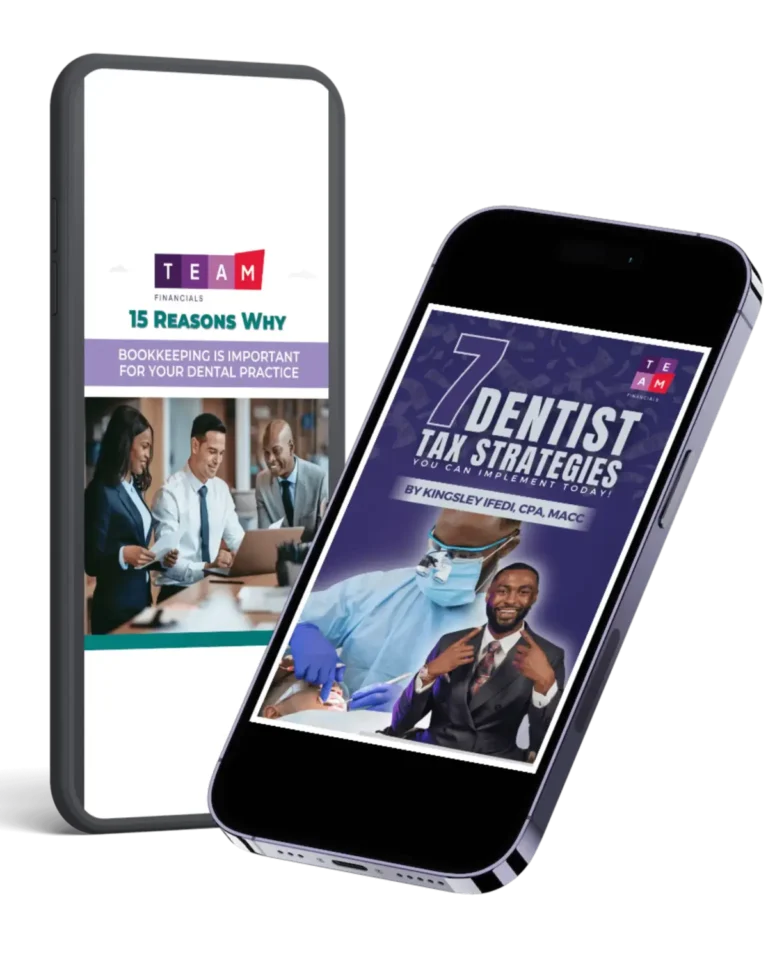Your Comprehensive Tax Preparation Documents Checklist

Tax season can be a stressful time for many, but having a well-organized checklist of essential documents can make the process smoother and more efficient. Whether you’re a seasoned taxpayer or filing for the first time, here’s a comprehensive tax preparation checklist to ensure you have everything you need.
Personal Information
Social Security Number or Tax ID Number:
- Yours and your spouse’s full name, social security number or tax ID number, and date of birth.
- Identity Protection PIN issued by the IRS, if applicable.
- Routing and account numbers for direct deposit or balance payment.
Dependent(s) Information
Parents and caregivers should compile the following information:
Dependents’ Details:
- Dates of birth and social security numbers or tax ID numbers.
- Childcare records, including the provider’s tax ID number if applicable.
- Income details of dependents and other adults in your home.
- Form 8332 if the child’s custodial parent is releasing the right to claim a child.
Sources of Income
Employed:
- Forms W-2.
Unemployed:
- Unemployment income (1099-G).
Self-Employed:
- Forms 1099, Schedules K-1, and income records.
- Records of all expenses, business-use asset information, and home office details if applicable.
- Record of estimated tax payments (Form 1040–ES).
Rental Income:
- Records of income and expenses.
- Rental asset information and record of estimated tax payments.
Retirement Income:
- Pension/IRA/annuity income (1099-R).
- Traditional IRA basis and Social Security/RRB income.
Savings & Investments or Dividends:
- Interest, dividend income (1099-INT, 1099-OID, 1099-DIV).
- Income from sales of stock or other property (1099-B, 1099-S).
- Health Savings Account and long-term care reimbursements (1099-SA or 1099-LTC).
- Records of estimated tax payments.
Other Income & Losses:
- Gambling income, jury duty records, hobby income and expenses, prizes and awards, trust income, royalty income, and any other 1099s.
- Record of alimony paid/received and state tax refund.
Types of Deductions
- Home Ownership:
- Forms 1098 or other mortgage interest statements.
- Real estate and personal property tax records.
- Receipts for energy-saving home improvements.
- Charitable Donations:
- Cash amounts donated and records of non-cash donations.
- Amounts of miles driven for charitable or medical purposes.
- Medical Expenses:
- Amounts paid for healthcare, insurance, and to healthcare providers.
- Health Insurance:
- Form 1095-A if enrolled in a Marketplace insurance plan.
- Childcare Expenses:
- Fees paid to day care centers, babysitters, or dependent care flexible spending accounts.
- Educational Expenses:
- Forms 1098-T from educational institutions.
- Receipts for qualified educational expenses and records of scholarships or fellowships.
- Form 1098-E if paid student loan interest.
- K-12 Educator Expenses:
- Receipts for classroom expenses (for educators in grades K-12).
- State & Local Taxes:
- Amount of state and local income or sales tax paid.
- Invoice showing vehicle sales tax and personal property tax on vehicles.
- Retirement & Other Savings:
- Form 5498-SA showing HSA contributions.
- Form 5498 showing IRA contributions.
- Other 5498 series forms.
- Federally Declared Disaster:
- City/county information.
- Records supporting property losses, rebuilding/repair costs, and insurance reimbursements.
- FEMA assistance information (check FEMA website for declarations).
By having these documents in order, you’ll be well-prepared for tax season, making the filing process smoother and potentially maximizing your returns. Remember, consulting with a tax professional can provide personalized advice based on your unique financial situation.

